NEGROS OCCIDENTAL, October 12, 2022 – Four (4) Farmers’ Associations (FAs) in Toboso, Negros Occidental has renewed hopes of bolstering the local backyard swine industry after generating Php 357,340 from selling liveweight pigs and pork meat cuts from their first cycle of hog production from May to September.
The Toboso Paravet Hog Raisers and Farmers’ Association (TOPAHORAFA) with 30 members is a beneficiary of the FY 2022 Swine Production Project of the Special Area for Agricultural Development (SAAD) Program worth Php 791,200.
Mr. Joemarie Bersales, the vice-chairperson of the association, said most of his members are managing small-scale livestock production and trading animals such as hogs, native chicken, and duck to the town’s livestock yard. For having pig farming experience and an enclosed area for the animals as a counterpart of the project, first-in-line members were selected as new recipients of SAAD’s swine production project this year.
Meanwhile, Odiong Ilaya Farmers’ Association (OILFA) with 26 members, Seraje Pinag-upacan Integrated Farmers’ Association (SPIFA) with 26 members, and Sinugmawan Integrated Farmers’ Association (SININFA) with 26 members are recipients of Php 1,270,000 worth of livestock support projects for their corn production projects previously provided by the program.
Most members of these FAs are reliant on small-scale corn production and backyard vegetable gardening. Thus, SAAD’s swine production project provided them with an alternative source of livelihood since swine is also easy to raise and has the ability to grow and reproduce 8 to 12 piglets per farrowing even under adverse conditions.
To date, Negros Occidental remains a “green zone” or an African Swine Fever (ASF)-free province, according to the Bureau of Animal Industry Region 6’s latest advisory, making Negros one of the most trusted and major suppliers of pigs for slaughter in Luzon and other parts of the country.
Since ASF was first detected in the country in 2019, the provincial government of Negros Occidental has been implementing strict biosecurity measures to keep diseases and pathogens that carry them — viruses, bacteria, funguses, parasites, and other micro-organisms — away from livestock, property, and people.
Read more on the beneficiaries’ livelihood background here https://bit.ly/3CcsTCl.
Project Management
Hog raising in Negros Occidental has been a profitable business for many Negrenses through the decades. Its popularity is evidently seen in the backyards of rural families. An average family in the province usually raises a small number of pigs until they reach their marketable age and are sold to aid in their daily needs.
Despite the challenges facing the swine industry such as the hog’s susceptibility to numerous diseases, the four FAs pursued the venture since backyard pig raising only requires an affordable amount of capital and can provide a decent profit in a short span of time.
From May to June 2022, inputs for the project were provided to the four groups. TOPAHORAFA received 30 piglets, 10 upgraded gilts, one boar, 60 bags of hog feeds, four water drums, two water hoses, five sets of drugs and biologics, and one weighing scale. Meanwhile, SPIFA, OILFA, and SININFA received 10 piglets each, as supplementary support to their corn production from SAAD.
In preparation for the production project, 70 representatives of the said groups attended two batches of Swine Production Training spearheaded by Mrs. Ticia Canson of the Office of the Provincial Agriculturist – Negros Occidental. Farmers were taught to manage swine farms, stock selection, housing, feeds and feeding, disease prevention, and economics of swine production.
To ensure sustainability and to accommodate more farmers, each group devised a roll-over scheme for the next-in-line beneficiaries.
For TOPAHORAFA, they agreed to rear the pigs in three vacant pigpens owned by members in three sitios to give the animals sufficient space, shelter, and access to food and water. Although the beneficiaries will be sharing pigpens, the animals are raised individually.
Based on their policies and profit-sharing scheme, the 30 first-in-line beneficiaries are required to give back (roll-over) three piglets to the association should the mother stock be able to reproduce.
SPIFA, OILFA, and SININFA, all agreed to have first-in-line beneficiaries for their hog-fattening venture. Based on their policies, each participating member is required to give back to the association the capital of the piglet, this time in the monetary form of Php 3,500. By doing so, they would be able to buy another stock for the next project grantees.
Key Results
Sufficient knowledge and good management resulted in the FAs’ successful project implementation. After rearing the piglets from May to September, they decided to sell the hogs since they reached their marketable size. Most of the stocks were sold in their community and meat shops in the town’s public market as pork meat cuts and liveweight.
Within four months of operation, the four groups’ swine venture provided them with a gross income of Php 357,740. They deducted their expenses from the procurement of hog feeds, vitamins, maintenance of animal housing, and contribution to buy second cycle piglets which all amounted to Php 203,648. Finally, they reported an accumulated net income of Php 65,181, serving as the groups’ savings.Table 1. TOPAHORAFA, SPIFA, OILFA, and SININFA’s Swine Production (May to September 2022)
| FCA | No. of hogs received | No. of Hogs Sold | Gross Income (Php) |
Expenses (Php) |
Net Income (Php) |
|||
| Pork meat cuts (kg) |
Price (Php) |
Liveweight (head) |
Price (Php) |
|||||
| Toboso Paravet Hog Raisers and Farmers’ Association | 30 piglets, 10 upgraded gilts, 1 boar | 478 | 180 | 86,040.00 | 24,600.00 | 61,440.00 | ||
| Odiong Ilaya Farmers’ Association | 10 piglets | 500 | 180 | 1 | 10,000.00 | 101,000.00 | 59,000.00 | 42,000.00 |
| Sinugmawan Integrated Farmers’ Association | 10 piglets | 373 | 180 | 2 | 8,000.00-12,000.00 | 107,700.00 | 79,538.00 | 28,162.00 |
| Seraje Pinag-upacan Integrated Farmers’ Association | 10 piglets | 350 | 180 | 63,000.00 | 40,510.00 | 22,490.00 | ||
| Total | 357,740.00 | 203,648.00 | 65,181.00 | |||||
Towards Community-Based Enterprise
Swine raising has a number of value-added opportunities that pig farmers can explore. While most sell live pigs to processors, they can get better prices through value addition. With this, SAAD Program trained 30 representatives of TOPAHORAFA, SPIFA, OILFA, and SININFA for the value-addition of pork in Toboso on August 18.
Ms. Margrette S. Gerzon, Value-Adding Coordinator of the Provincial Veterinary Office of Negros Occidental, shared her expertise in making pork by-products such as siomai and embutido.
In her discussion, she emphasized three salient points that could prevent cross-contamination during processing: observing disease control, wearing prescribed attire, and practicing proper sanitation habits.
Gerzon also emphasized the advantages of value addition of pork products such as increased control over their product, an opportunity to gain direct access to customers, and to capture a greater value of the final price of pork which has increased relative to farm price.
Plans
TOPAHORAFA plans to replace the thirty original heads they received which will be reared by the second-line beneficiaries. The 10 gilts and one boar, meanwhile, will be raised in their communal piggery.
SPIFA, OILFA, and SININFA will replace their 10 original stocks each by mid-October. They are planning to buy piglets from local growers for the second cycle of their swine production. Once their production would become steady, each group would be allotting a portion of their pork harvest to produce value-added products. ###
Writer: Christ John Gamarcha, DA-SAAD Region 6 Information Officer

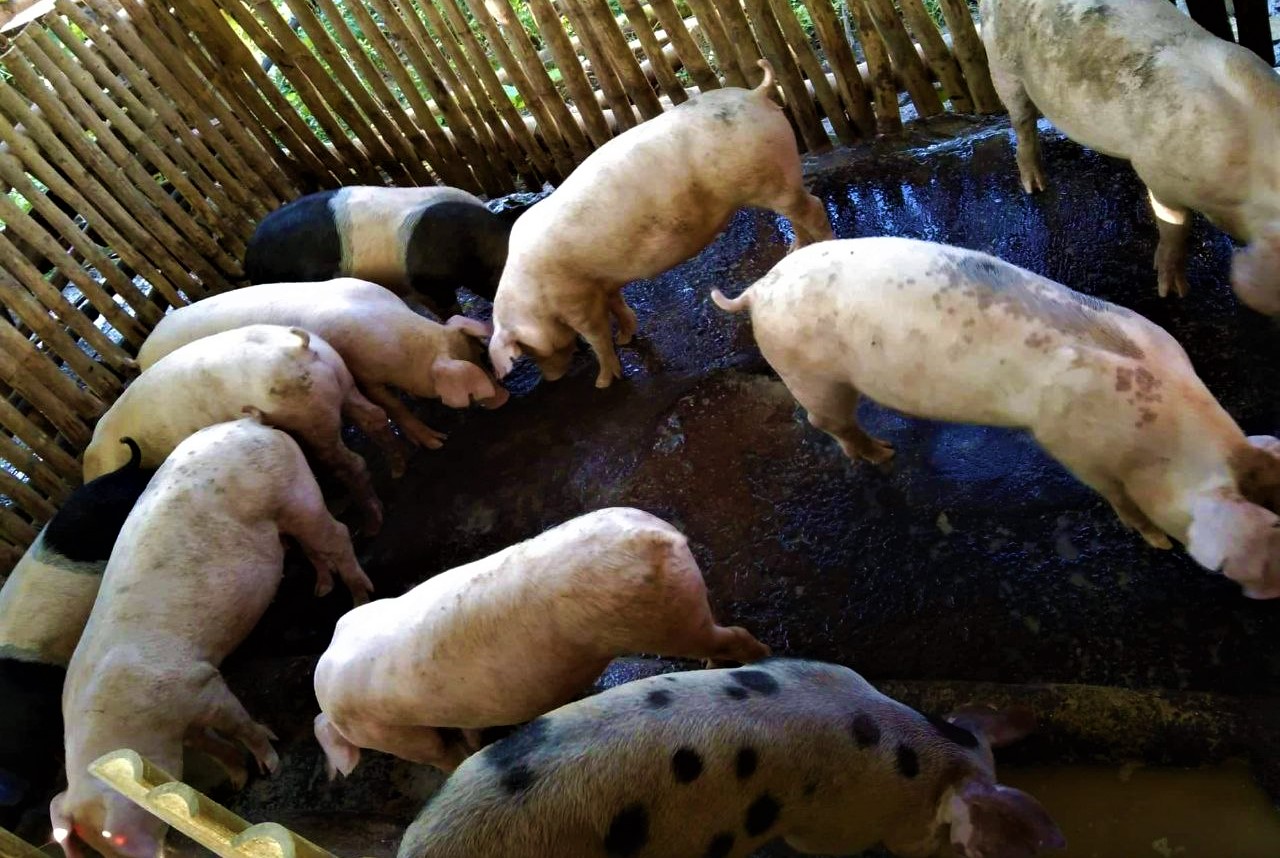
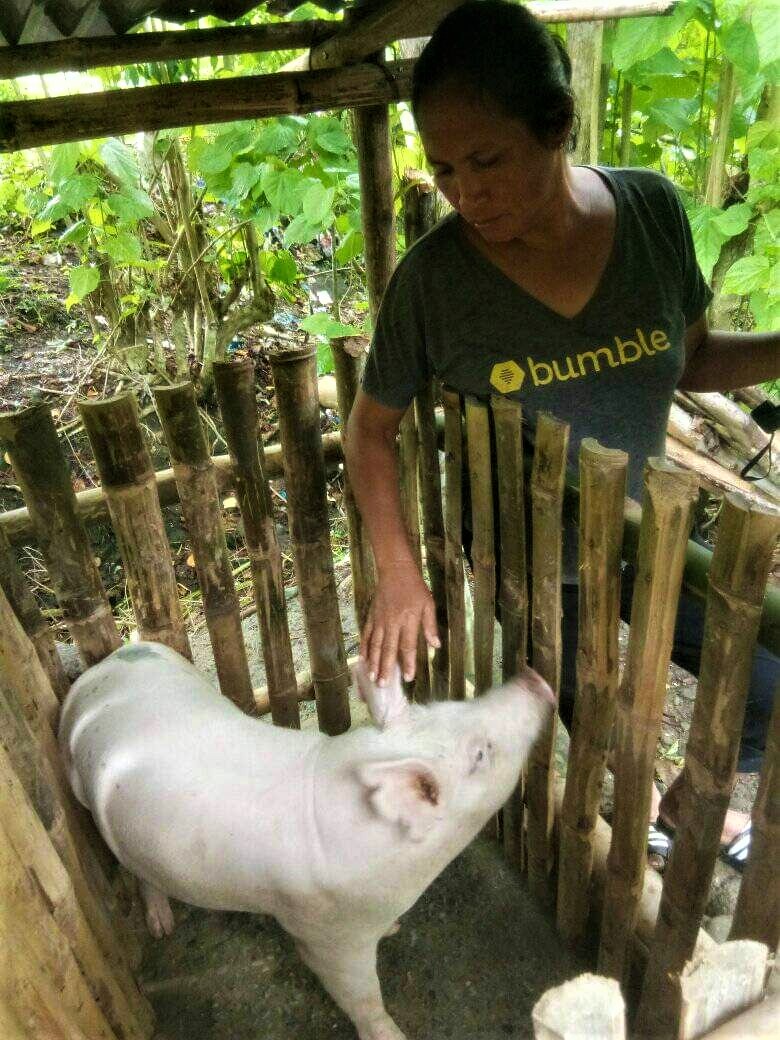
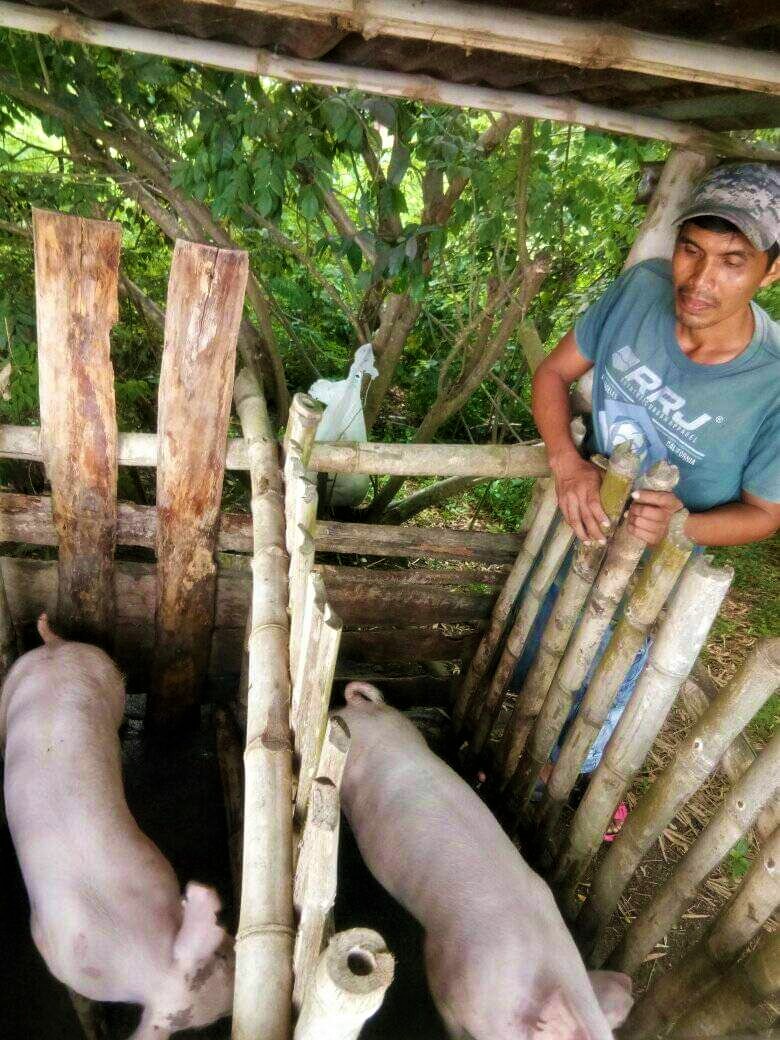
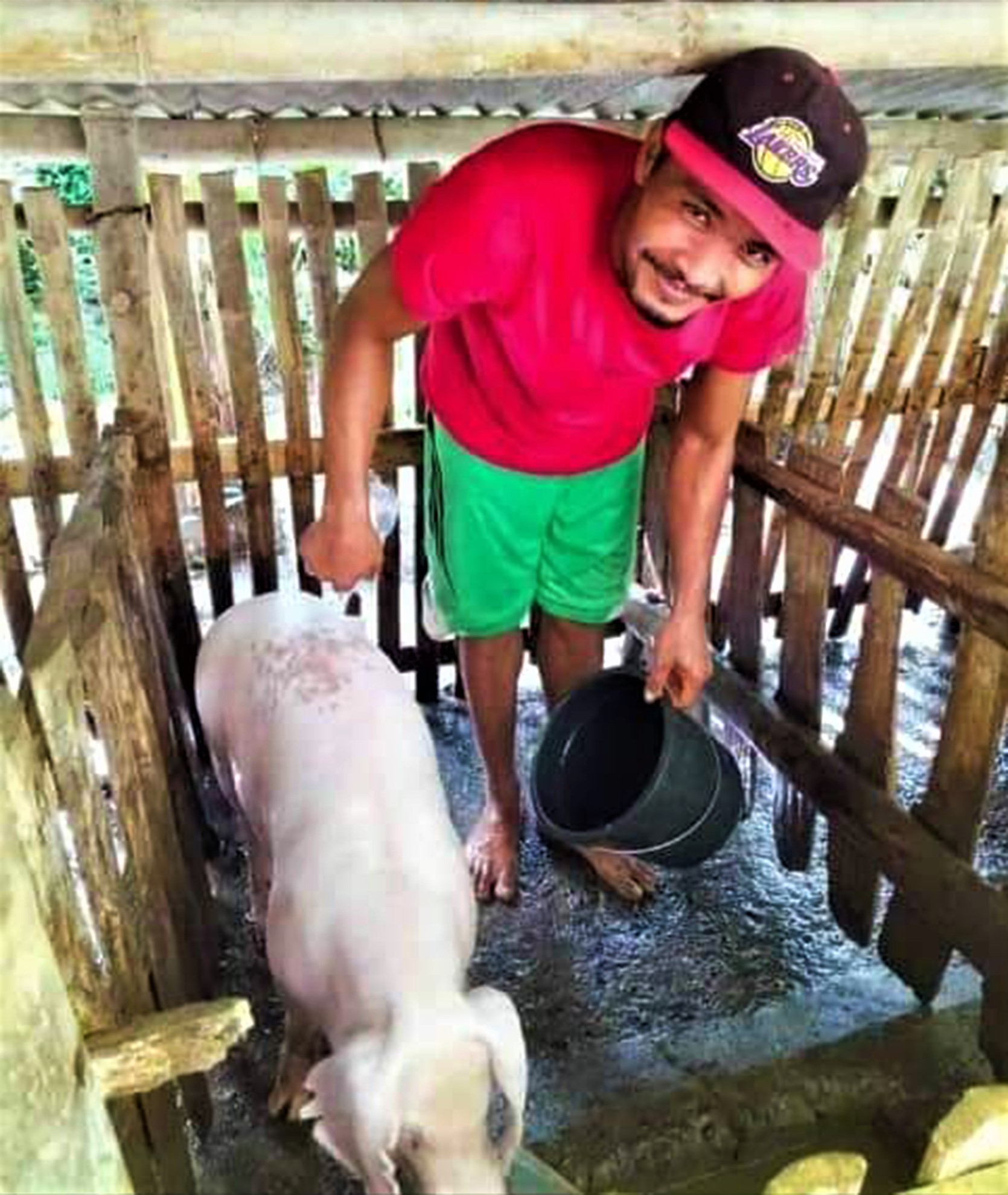
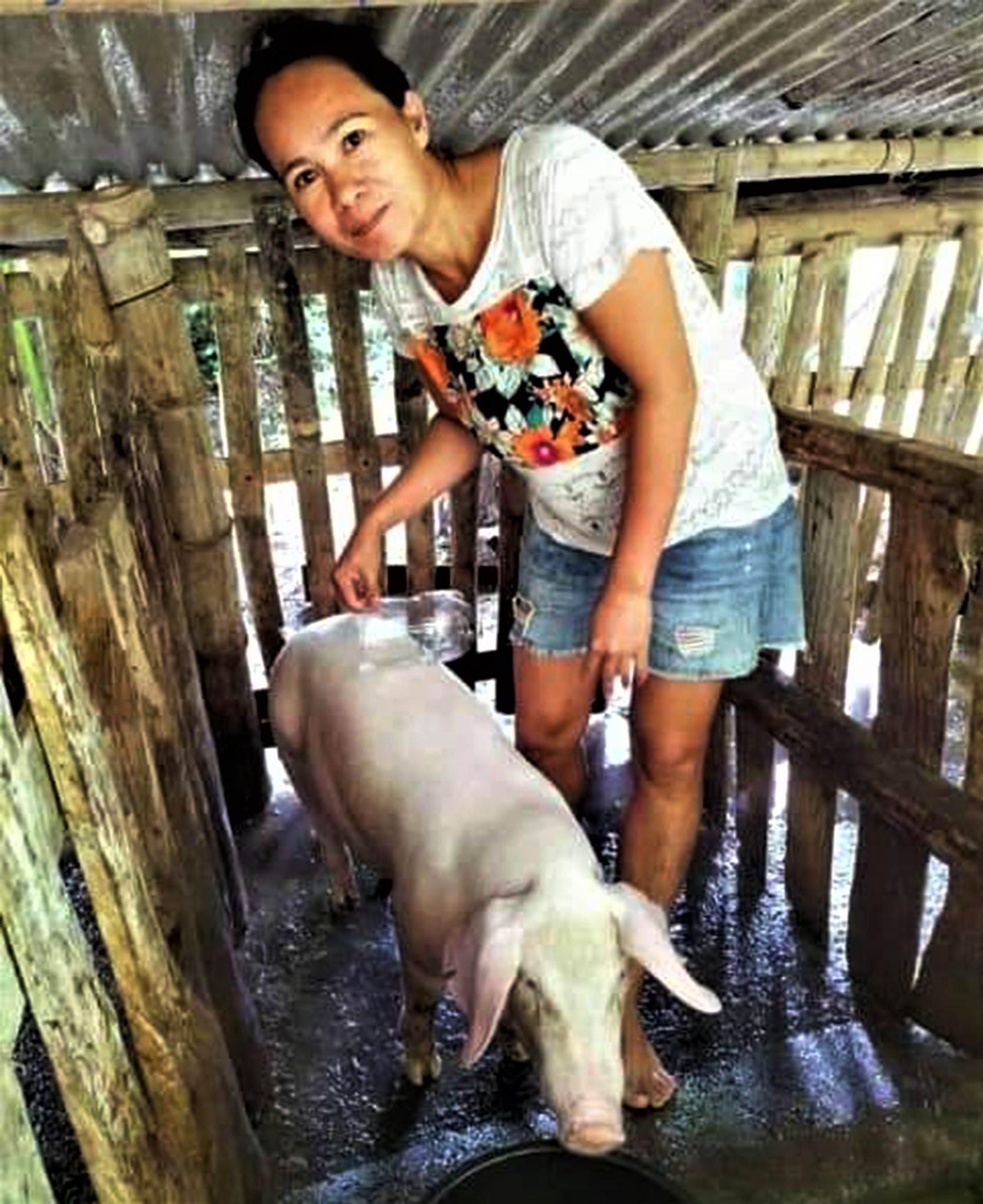
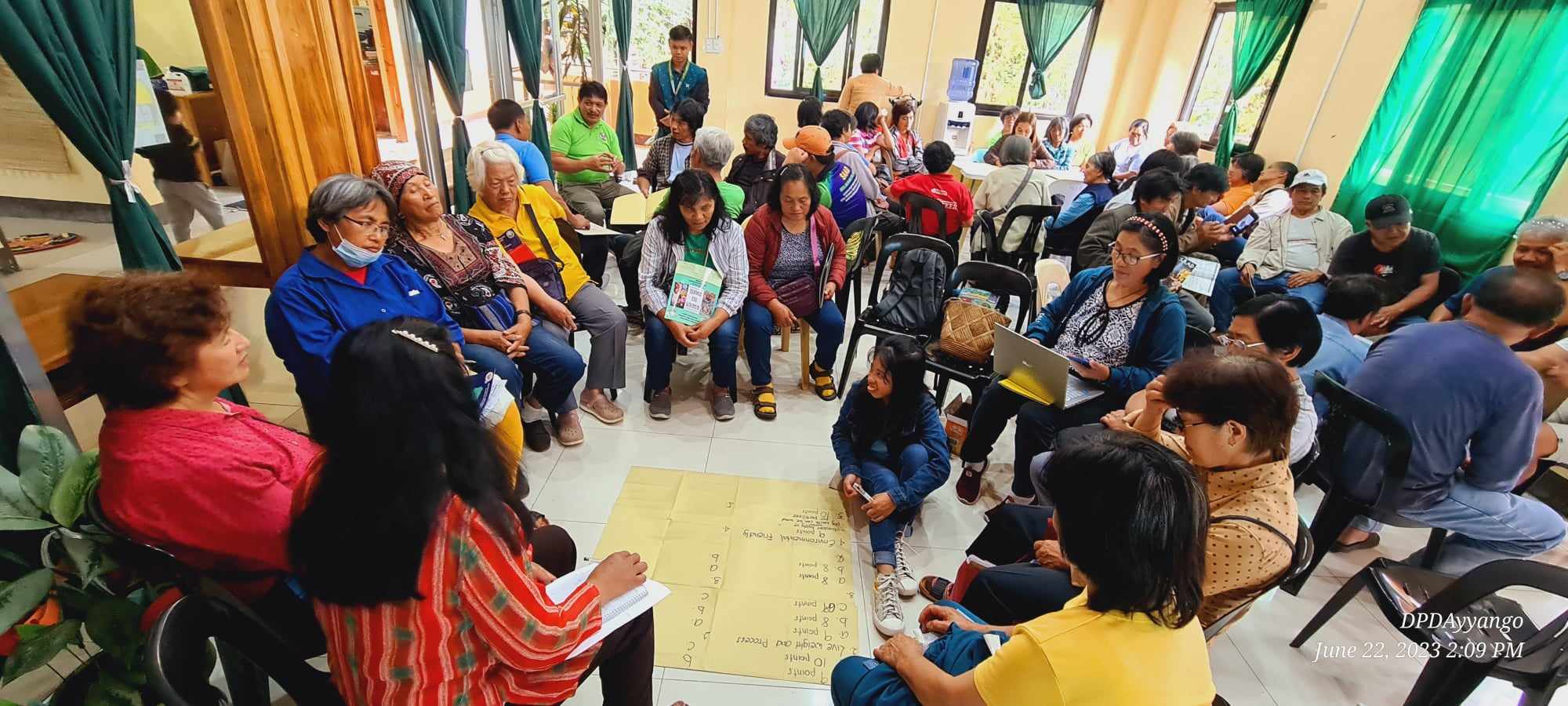
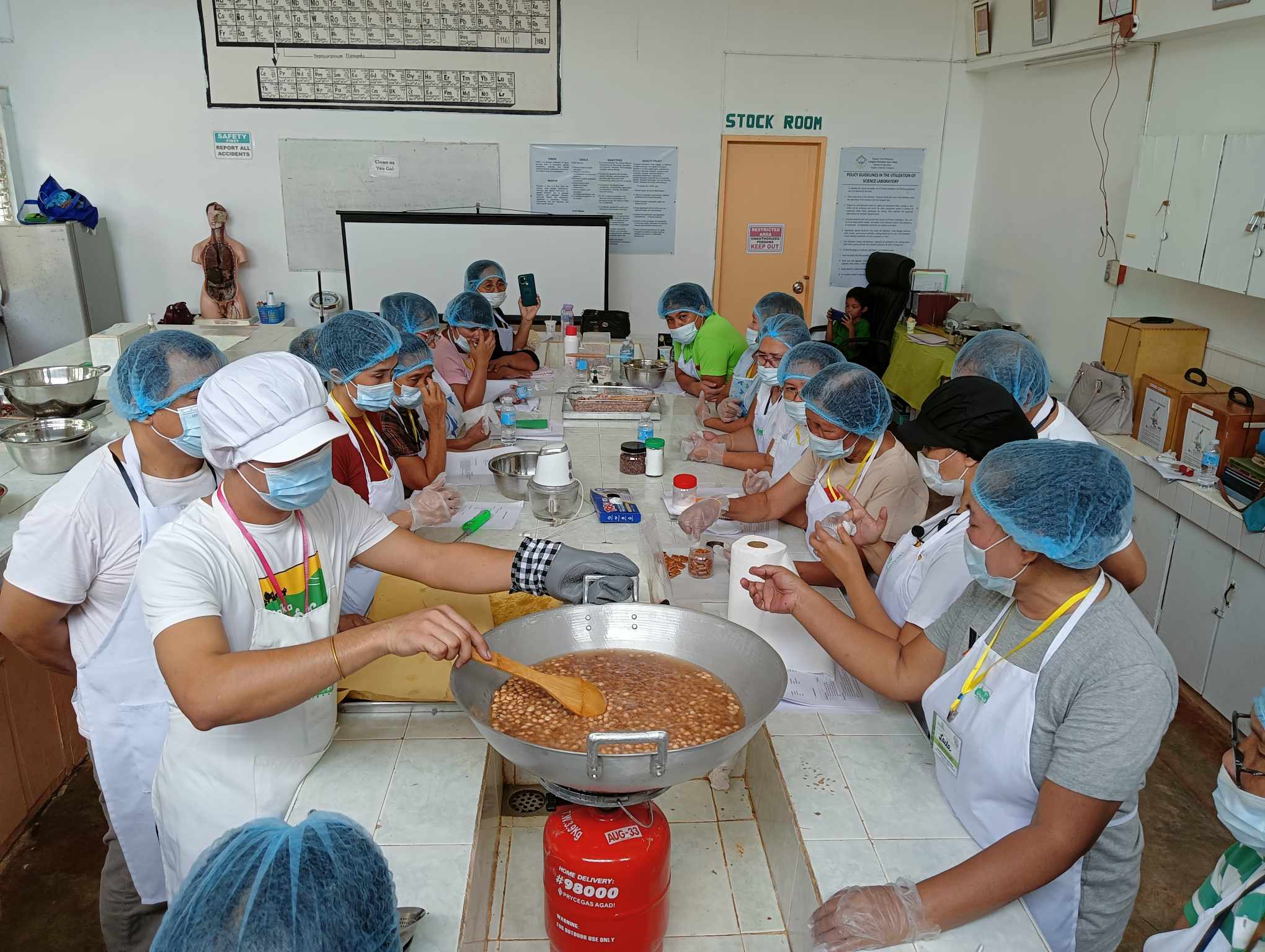
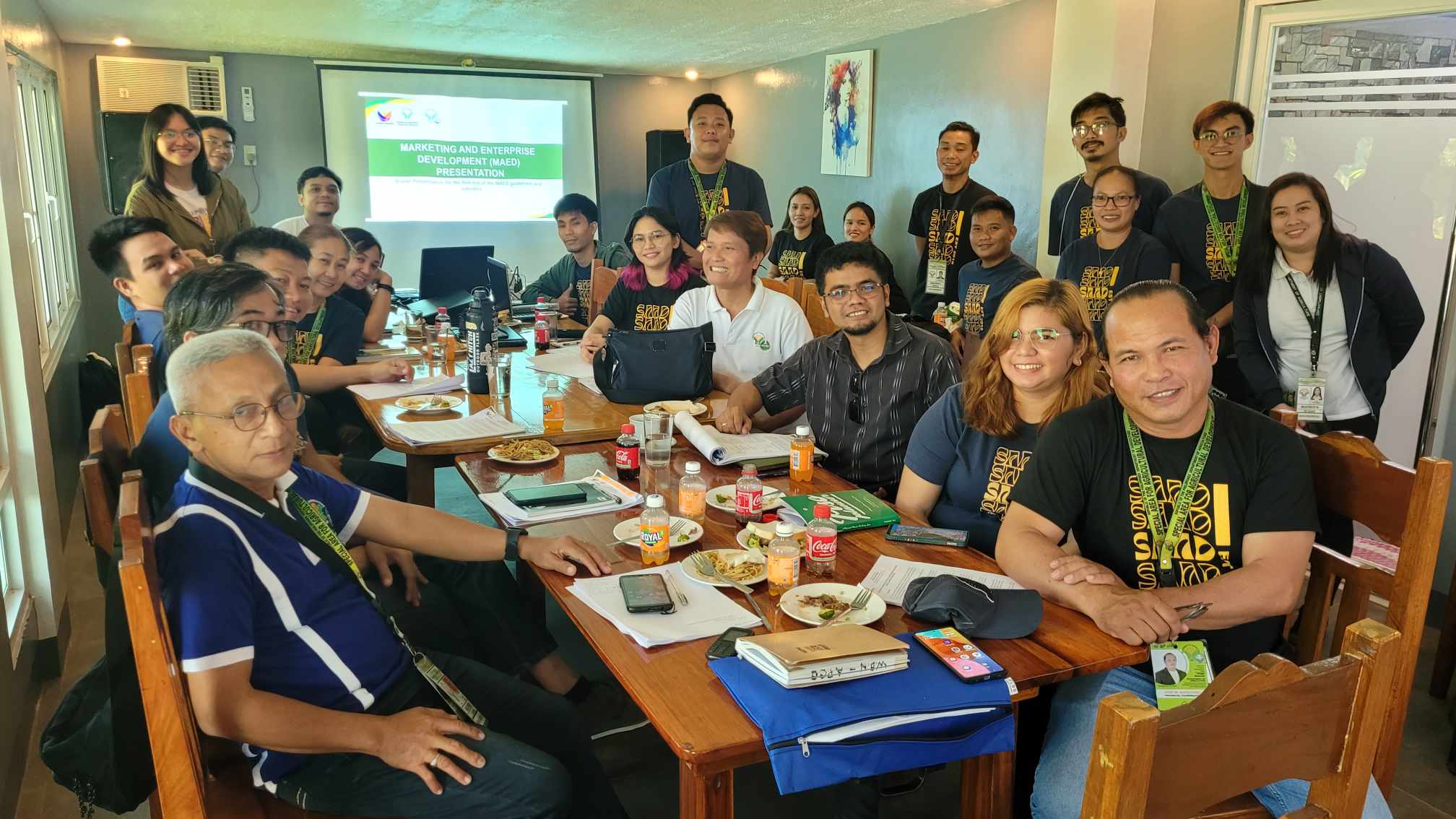
This Post Has 0 Comments